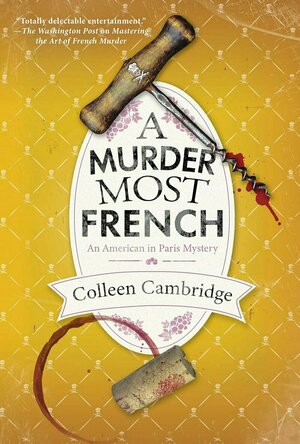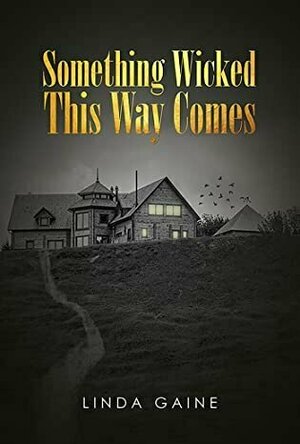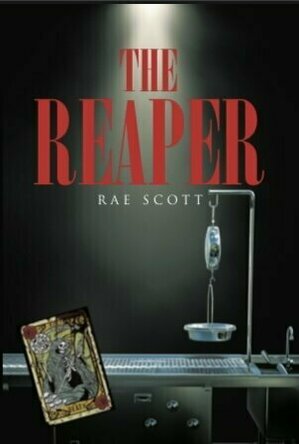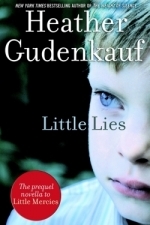Mark @ Carstairs Considers (2482 KP) rated A Murder Most French in Books
Apr 25, 2024 (Updated Apr 25, 2024)
As I was reading this book, I couldn’t help but wonder why the characters, who are speaking French, are throwing French words into every line of dialogue. But that writing quirk aside, this was another great book. I loved getting to visit the characters again, and Tabitha was just as smart and resourceful as in the first book. Meanwhile, the new characters lead us on a merry chase in a well-constructed mystery. I was satisfied when everything was explained. As with the first book, there is a smattering of foul language. Once again, Paris in post the World War II era came to life, and I enjoyed this look at the time period. Don’t read this book hungry since all the talk of food will make your mouth water. I enjoyed getting to spend more time with Tabitha and Julia and look forward to their next adventure.
Night Reader Reviews (683 KP) rated Something Wicked This Way Comes in Books
Jan 4, 2021
Nothing interesting ever happens in small towns. Especially in those so small that most of the residents know each other. In a town that small the murder of a young woman is big news. When this single murder turns into a string of murders that appear to be the work of a serial killer the entire town is put on edge. Everyone, specifically women are encouraged to travel with others and avoid being out at night. Unfortunately not everyone listens.
Amanda is a young woman who has grown up in this small town. She meets her husband at a local bar and they buy a large house in the mountains on the outskirts of town. Too bad a house in the mountains is not an ideal place for a young woman and her child to be living alone. Yet that is exactly what would have happened when Amanda’s husband ends up in the hospital if it wasn’t for Amanda’s best friend. The house my be isolated but that is little comfort to Amanda when the serial killer seams to be showing a special interest in her.
I enjoyed the setting of the book. From the quiet town to the large house up on the mountain. Everything is just so peaceful and lovingly thought out in the town. I was actually able to feel just how unsettling the house on the mountain was for everyone as well. It would have been nice to see dinkus (the there asterisks used to divide chapters into sections) being used. The main negative thing I noticed about this book was it jumping form one person to another without warning. The story became very confusing because of the lack of breaks. Large time jumps also became an issue.
I would not recommend this book for those hoping for horror. Instead this book is better suited for those who enjoy murder mysteries and dramas. Young adults and adults alike should enjoy this book although both should be aware of extremely mild adult content. I rate this book 2 out of 4. Sadly this book did not live up to the promise it seemed to give out. While the book started out moderately creepy it was not able to maintain that feeling. Other than that the book itself was good and had an interesting plot line. The book seems to play more on the human fear of being alone and of close personal tragedies more than anything else.

Sunburn: A Novel
Book
"Lippman is a natural storyteller at the height of her powers." - Lee Child, #1 New York Times...
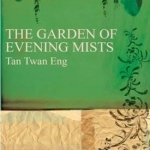
The Garden of Evening Mists
Book
It's Malaya, 1949. After studying law at Cambrige and time spent helping to prosecute Japanese war...
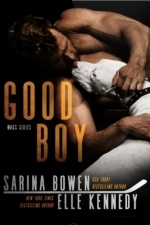
Good Boy: WAGS Series
Book
A brand new stand-alone romantic comedy from the bestselling, award-winning team of Sarina Bowen &...
Romance Comedy
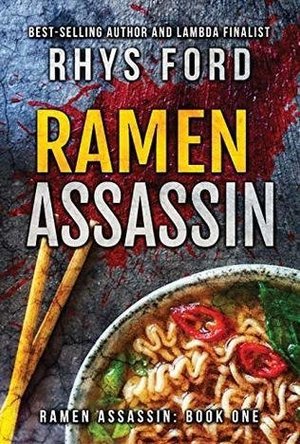
Ramen Assassin (Ramen Assassin #1)
Book
When life gives Kuro Jenkins lemons, he wants to make ponzu to serve at his Los Angeles ramen shop. ...
Contemporary MM Romance Mystery
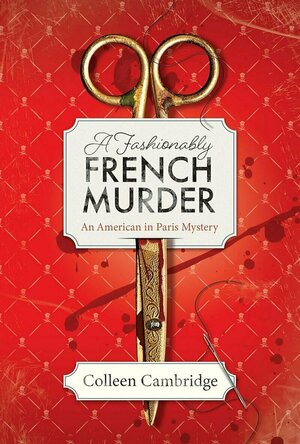
A Fashionably French Murder
Book
American expat Tabitha Knight has found a new life in postwar Paris, along with a delightful friend...
ClareR (6067 KP) rated And So I Roar in Books
Feb 3, 2025
Adunni is forcibly taken back to her village by the Chief and the person who brought her to Lagos, so that she can atone for the suspected murder she has fled from in TGWTLV. The village has been affected by drought, and the sins of a number of girls is apparently to blame.
At the same time, Tia’s mother is dying, and Tia has argued with her about something that happened when Tia was a teenager.
But all that pales in the face of what Adunni and the other women and girls go through at the tribal court.
There are themes of rape, child brides, baby factories, FGM and women as second class citizens, resigned to a life of domestic drudgery.
And then there’s the reason for the tribal court. Drought, caused by climate change and deforestation.
This is a really hard-hitting novel, and even in its darkest moments the strength of the female characters shines through. I loved this book as much as the first.
And before you ask, you DEFINITELY need to read the first book before you read And So I Roar!
Jamie (131 KP) rated Little Lies in Books
Jul 26, 2017
I also wasn’t digging the pseudo romance between Ellen and the police officer. Ellen is supposed to be happily married with children, yet keeps going back to how she’s sure that mister cop is sweet on her, and how awkward it is even though they’re close friends. I rolled my eyes when she felt guilty not telling her husband about the not date at a diner to look at crime scene photos and discuss a case. This extra bit of fluff just made Ellen’s character more of an annoyance to me.
The plot tries really hard to set up a classic bait and switch in order to throw readers off the trail and make the reveal at the end that much more surprising and exciting, but it was so painfully obvious it just seemed amateurish. A let down, really, considering how much I loved one of Gudenkauf’s previous works, The Weight of Silence. This story felt so shallow in comparison. Taking it as an introduction to the characters in Little Mercies, well, I’m not sure if I’d want to pick up the full length novel after reading this and that’s a shame. Overall, this little novella was disappointing and could easily be skipped.
